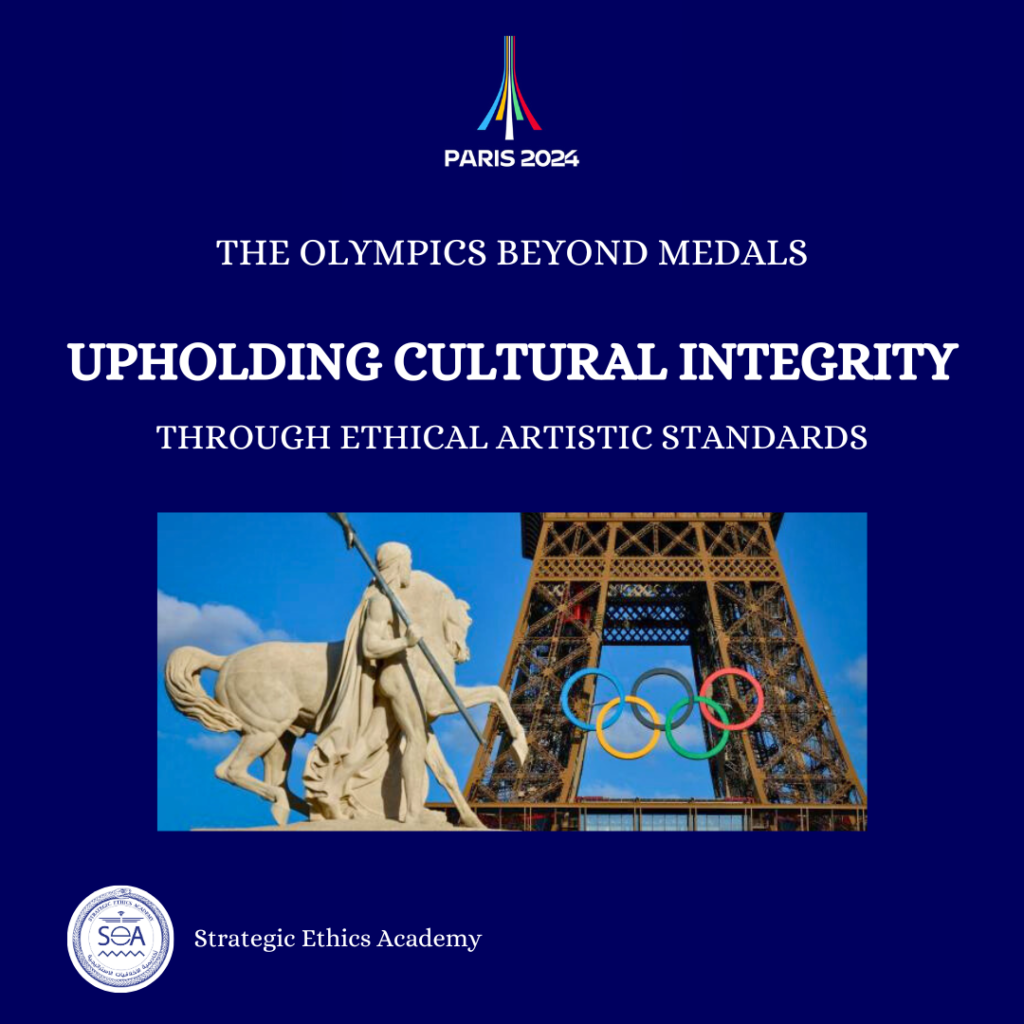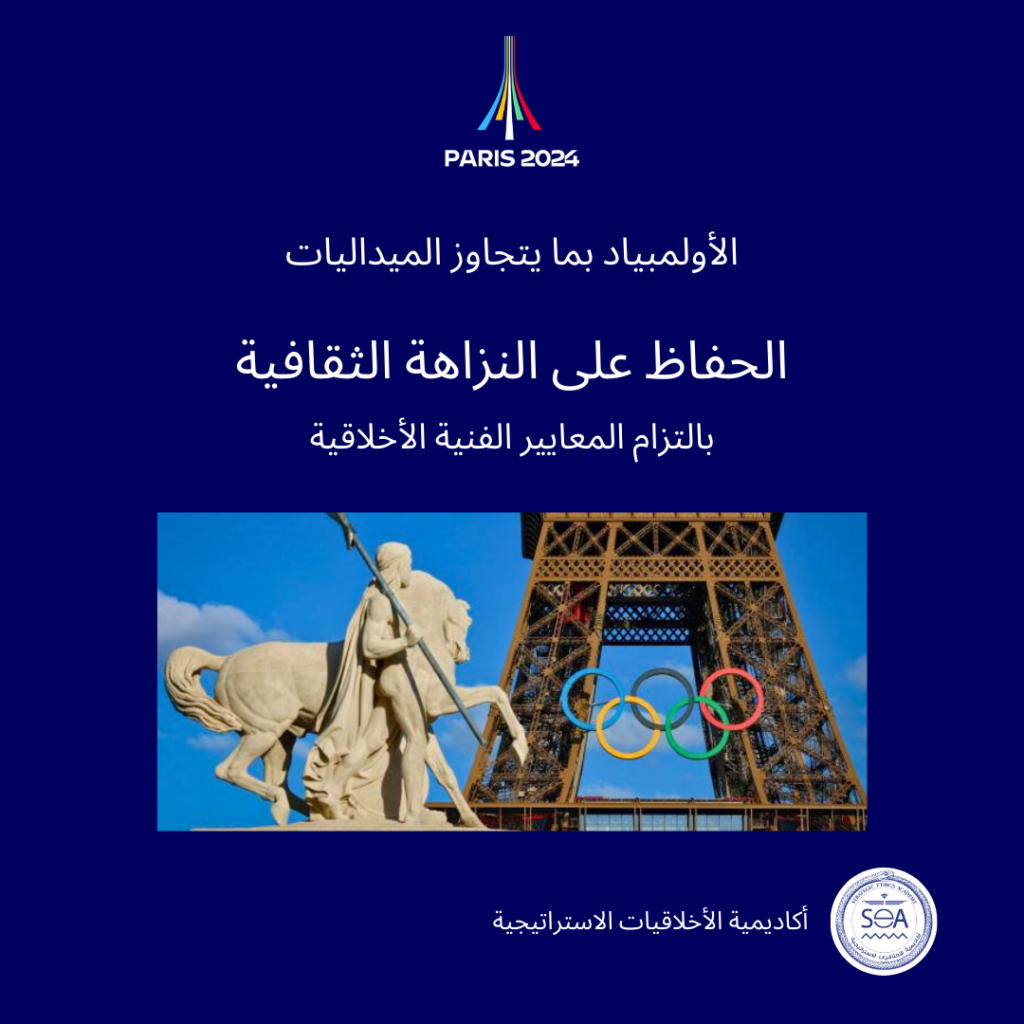

Art at the Olympics serves the purpose of upholding cultural integrity, reflecting the historical cultural identity of human civilizations, and celebrating diversity and unity through respect, not controversy.
From this perspective, violations of ethical artistic standards at large-scale events demonstrate a failure to educate the audience and lead by example, diminishing the event’s moral authority. Misusing significant cultural symbols compromises artistic integrity, reducing the quality and value of the cultural program. Specifically, misappropriating religious symbols shows a lack of understanding and respect for cultural diversity, undermining the event’s goal of celebrating global unity by bringing together people of all backgrounds.
Furthermore, controversial artistic choices erode the credibility and respectability of the event, overshadowing the positive aspects of the Olympics and creating a lasting negative impression. While inclusivity is a core Olympic value, disrespecting religious symbols undermines efforts to create an inclusive environment. Offending a major religious group can create division and conflict, detracting from the spirit of unity and harmony. More critically, such disrespectful behavior can negatively influence young minds, teaching them insensitivity and a lack of respect for cultural and religious diversity. It can also escalate tensions between different religious and cultural groups, posing safety risks for participants and attendees.
Interfaith harmony is crucial in a multicultural world. Given that “The Last Supper” is rooted in significant historical and religious context and represents a pivotal moment in Christian faith, ignoring this context shows a lack of understanding and appreciation for history, leading to educational and cultural misrepresentation. Treating this symbol as merely an artistic subject diminishes its profound spiritual importance and can deeply offend millions of Christians worldwide, damaging the Olympics’ inclusive reputation.
The Olympics should serve as an educational platform, setting an example of global unity and respect, and inspiring young people around the world. The host community plays a significant role in the Olympics, providing an opportunity to showcase and celebrate diverse cultures while promoting values of respect, excellence, and friendship; to this fact, failing to maintain ethical integrity can lead to a loss of trust and respect from the global community, whereas this missed opportunity to promote positive cultural exchange and foster understanding and mutual respect between different cultures could have enriched the event’s legacy. On their behalf, Olympic organizers have a duty to uphold ethical standards. By engaging in disrespectful representations, they undermine these core values, calling into question the event’s commitment to these principles.
In terms of potential consequences, such controversies can cause long-term damage to the brand image of the Olympics and have far-reaching repercussions, affecting international relations and the global perception of the host country and the International Olympic Committee. Extensive negative media coverage of these transgressions at the Olympics’ opening ceremony has distracted from the athletes’ hard work and achievements, shifting the focus to the controversy instead of the competition. This negative publicity has impacted both sponsorship and viewership, potentially affecting future participation.
